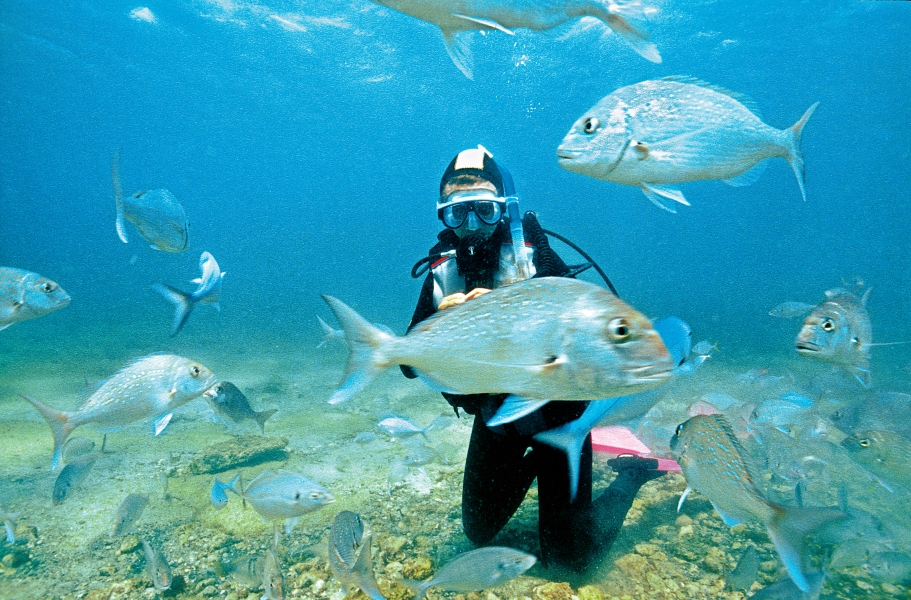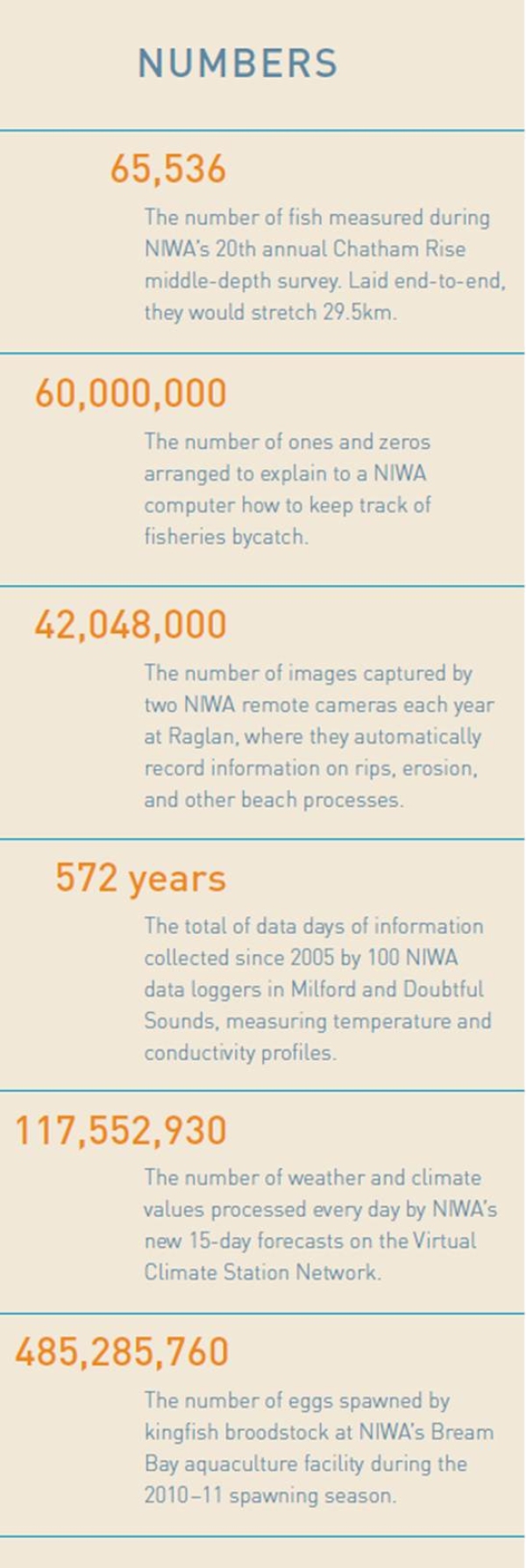Creating marine reserves may affect the behaviour of some fish that live in them, a NIWA study has found.
Using acoustic tags, scientists followed the movements of snapper both inside and outside Leigh Marine Reserve, north of Auckland. They found that the fish inside the reserve tended to stay put, whereas their counterparts beyond the boundary ranged far and wide – one travelled more than 400km.
"No other study has shown that reserves may affect the movements of animal populations that inhabit them," says NIWA scientist Dr Darren Parsons.
The findings can tell us something about the interactions between snapper, recreational fishing, and seafloor habitats, he says.
"Of the fish that settle inside the reserve, the individuals that range over the smallest areas have the lowest chance of leaving the reserve, and therefore the lowest chance of being caught".
Over the summer of 2006–07, NIWA also tagged and released 10,000 snapper in both shallow reefs off Kawau Island and Leigh, and in deeper waters of the inner Hauraki Gulf. So far, recreational fishers have returned tags from 900 of them, giving valuable insights into how far the fish travel. Results show that more snapper were caught each year from rocky inshore reefs, despite a much lower overall fishing effort in those areas.
Snapper in shallow reefs were far more residential, with most fish spending the vast majority of their time within a few hundred metres of where they were tagged. "In contrast, snapper from soft sediment areas – especially those further out in the Hauraki Gulf – move on a scale of tens of kilometres," says Parsons.
Based on those results, he says, "we can predict movement behaviour from the location where the snapper was caught".
This research was funded by the then Foundation for Research, Science and Technology, since integrated into the Ministry for Science and Innovation, and the Department of Conservation.



